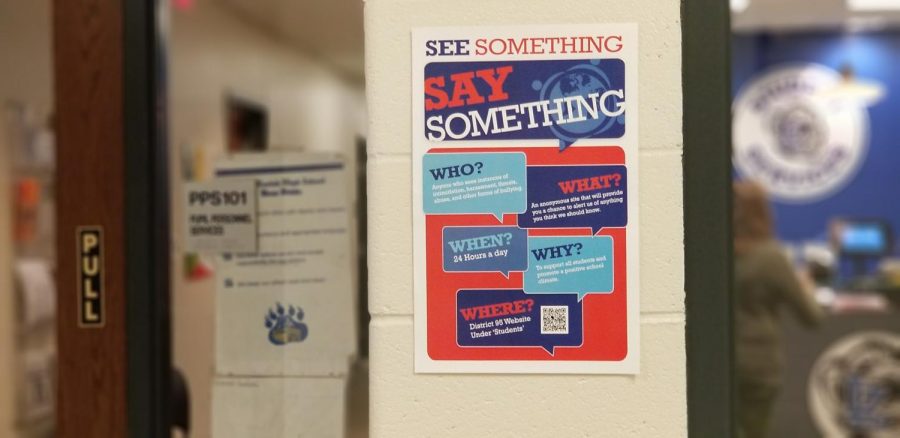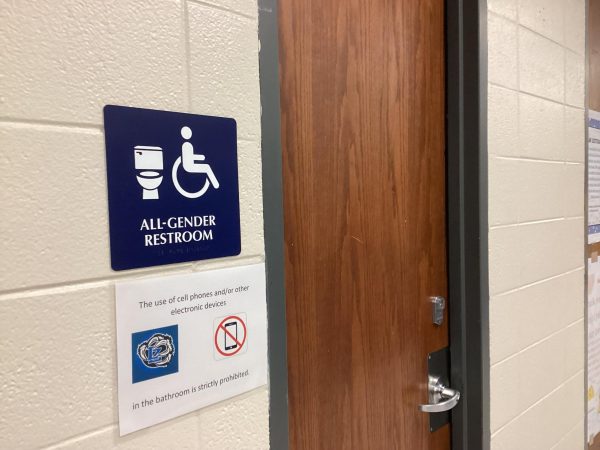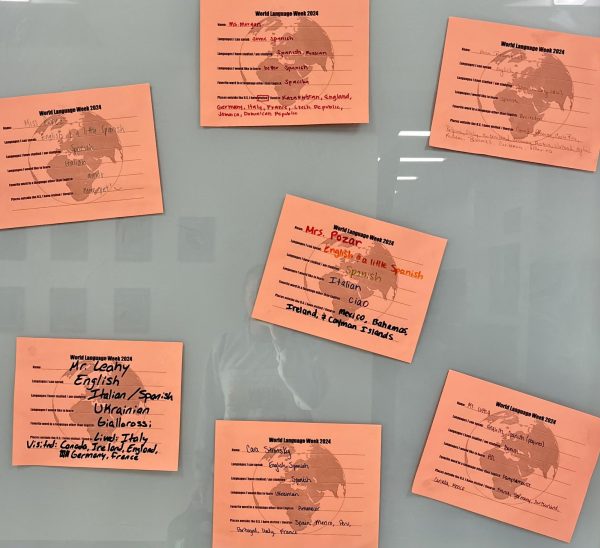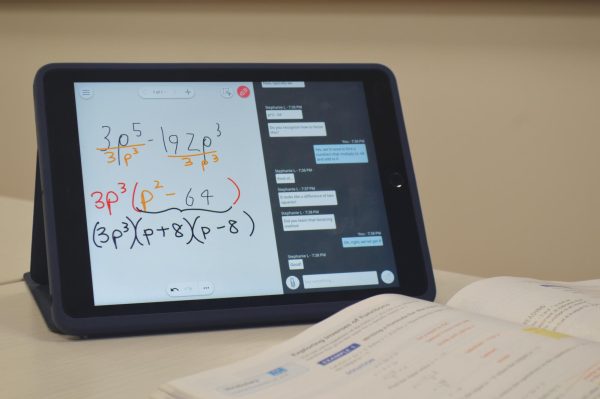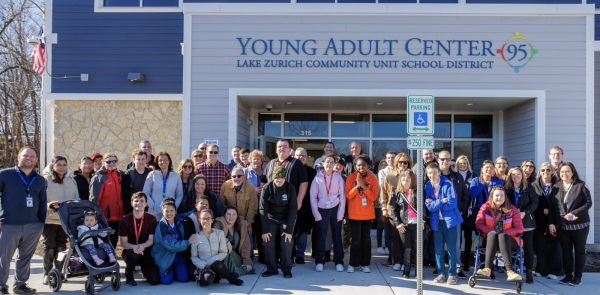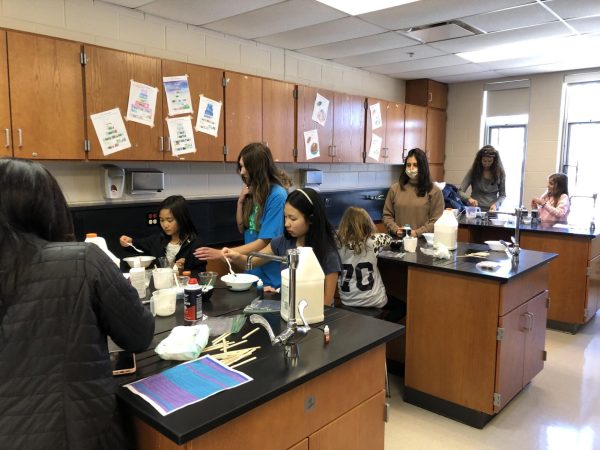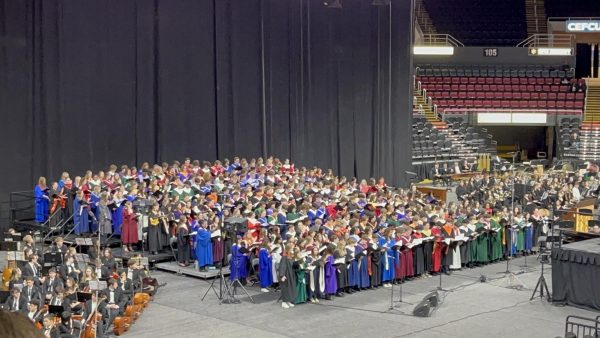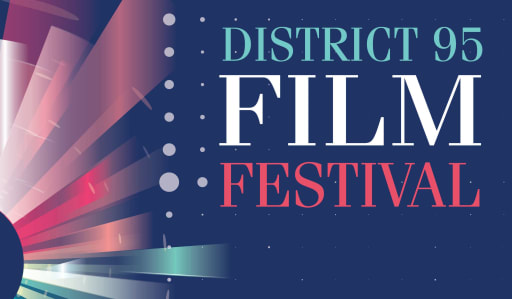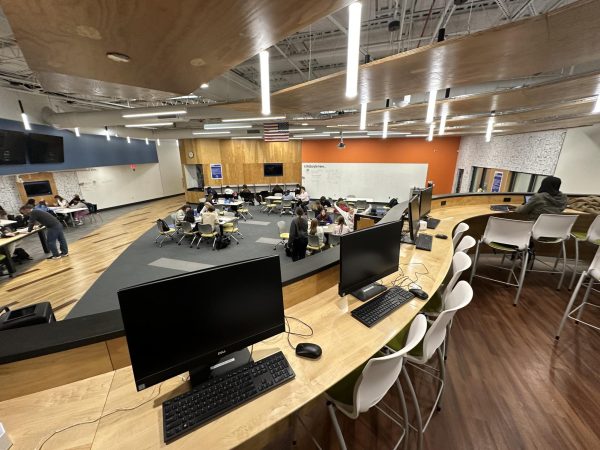“See Something, Say Something” keeps students safer, says dean
The administration has collaborated to put in place a new anonymous reporting system called “See Something, Say Something” designed to help students feel more safe in the halls of Lake Zurich, and one month in reports are already starting to be addressed as they come in.
“This is really important to us because we want to make sure all students feel safe, and make sure that they feel like they have opportunities to help keep each other safe and report anything that they see,”Abigail Celli, dean, said.“Every high school has it’s issues, and students have always had the ability to talk to us face to face, [but we] want to give them an outlet so that they can see something if they say something.”
Lexie Zigic, senior FAME leader, agrees about the importance of anonymity in reporting. “The biggest fear in students is that they don’t want to be a snitch,” Zigic said. “They [the deans] showed us how to use it and told us to encourage students to use it if they had a concern.”
Yet, Zigic said the training FAME leaders got in making students aware of the initiative was nowhere near expected. “I’m not sure I’d even know about it if it wasn’t for the FAME counselors mentioning it,” she said.
While the deans say that the new system will mainly be promoted via posters and the Stall Street Journal, students like Zigic worry it is being treated as an afterthought when discussing reporting option with freshmen.
A month into implementation, reports are already starting to come in from both students and parents, Celli said, and she was pleased with the amount of parent engagement in the service.
When a report comes in, “we basically immediately review [the report] and take into consideration the context and then we decide based on that who’s the best person to get involved. Sometimes that’s a counselor, sometimes it’s a social worker..it just kind of depends on the nature of the report.”
“Sometimes it’s e-mail, sometimes it’s a phone call, sometimes it’s midnight on a Saturday and I’m calling Dr. Pikul,” Celli said.
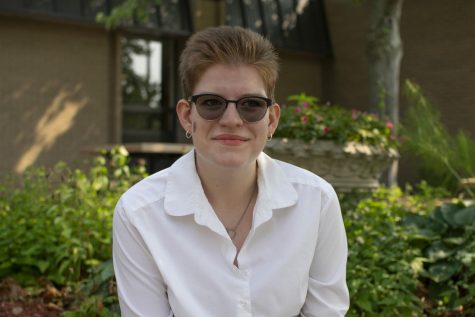
As secretary and business manager, this will be Emma's third year on staff and her first year in a leadership position senior year. Emma is a film nerd,...

